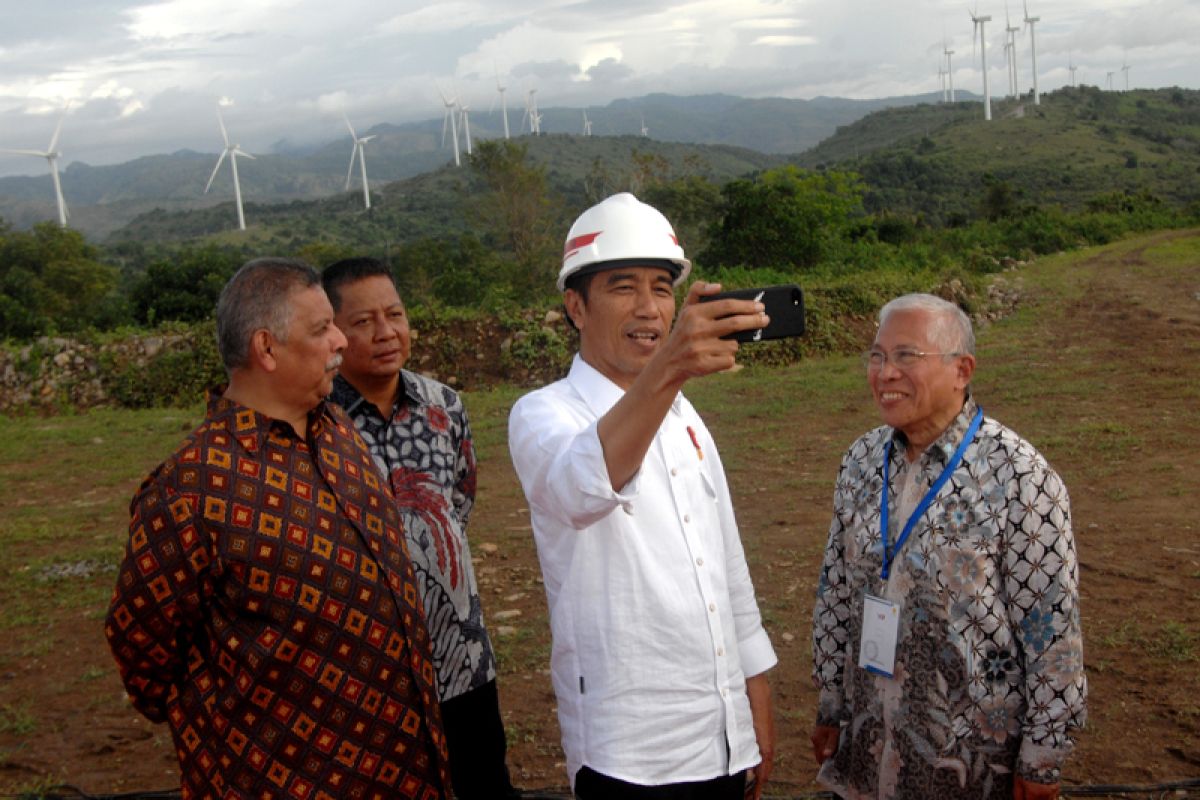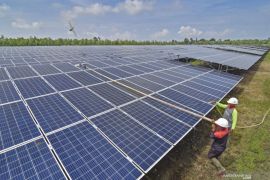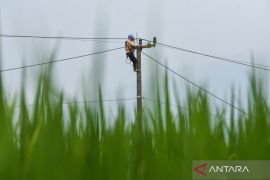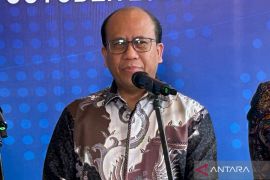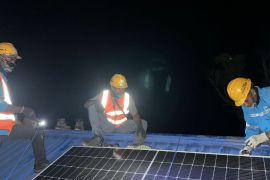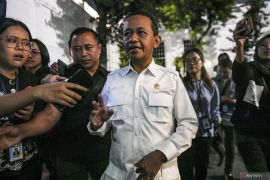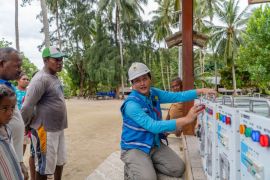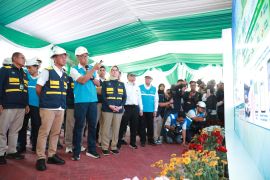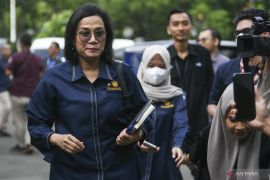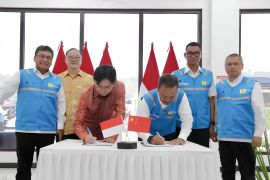However, the positive trend should be supported by other sectors, such as energy, so that economic development could be maintained on the right track.
Hence, Montty Girianna, a deputy for energy management of the Coordinating Ministry of Economic Affairs, reminded that Indonesia needed to increase its energy productivity to support the country`s economic performance.
"Indonesia needs to continue to strive to increase productivity, including in the energy sector. The government should ensure its availability and the affordability of its consumers," Girianna stated in Jakarta on Tuesday (Oct 23).
In this case, the government continues to offer business investment opportunities to companies, so that it can increase the potentials of the country`s depleting energy resources. To this end, one of the steps that the government can take is to provide more convenient business facilities and investment attractiveness in the energy sector.
Efforts to increase capital inflows in the energy sector are worth considering, given that Indonesia is currently one of the investment destinations supported by good economic conditions.
According to the International Monetary Fund (IMF), Indonesia has the capacity to boost its economic growth amid the global recession.
IMF Deputy Director for Asia and Pacific Department Kenneth Kang stated in Bali recently that some external obstacles, such as monetary policy normalization in the United States, had an impact on the depreciation of the Indonesian rupiah to 11 percent against the US dollar, but Australia and New Zealand too were affected.
"Hence, Indonesia is not the only country affected by the global economic situation. Amid the shock, Indonesia`s economic fundamentals remain solid," Kang noted on the sidelines of the IMF-World Bank Annual Meeting.
Girianna also acknowledged the impact of external influence on the country`s economy.
"Rapid developments in the global economy are still characterized by uncertainty triggered by the intensity of increased trade competition," he stated.
He said that the global energy demand has increased by 2.2 percent, or exceeding an average of 1.7 percent over the past decade. This trend of growth is supported by an increasingly strong economic performance in developed countries and slowing the rate of increase in energy intensity.
In the face of such a condition, Indonesia has to increase the capacity of its energy sectors to support its economic performance. One of the vital drivers for the economy is the provision of electricity for industry.
In the electricity sector, the government, since the start of President Joko Widodo`s administration in October 2014, has set a target to build power plants, with a total capacity of 35 thousand megawatts (MW) by 2019.
With the current national power capacity of 51 thousand MW, the implementation of the 35 thousand-MW project is expected to increase the national power capacity to 86 thousand MW.
The government still needs to further promote its electricity programs to realize its 35 thousand-MW power development target.
Until February this year, of the 35 thousand MW target, some 31,171 MW have been covered in work contracts, either of state-owned electricity firm PLN or private companies. Of the 31,171 MW, some 1,362 MW had been operational, 17,116 MW are in the construction phase, and 12,693 MW are still in the construction plan stage.
Thus, to meet the 35 thousand MW target, the government still runs short of 3,829 MW, it still has to promote to the private sector.
Currently, according to state-owned power firm PT PLN`s Electricity Supply Business Plan for 2018-2027, the capacity of the power plant in 2025 is expected to double as compared to 2017, from 50 MW to 106 MW.
In the meantime, the National Nuclear Energy Agency (Batan) continues to prepare various aspects supporting the nuclear program for energy in Indonesia.
"One of these efforts is to map stakeholders, who are involved in the program of utilizing nuclear technology for energy," Batan Head Djarot Sulistio Wisnubroto stated at the Yogyakarta School of Nuclear Technology on Thursday (Oct 25).
According to Wisnubroto, several stakeholders in this country are ready to welcome the era of utilizing nuclear technology for industry.
"We have compiled a map of stakeholders. The most ready private sector is a non-nuclear island industry, such as the industry of turbine, civil, and other non-reactor technologies," Wisnubroto noted.
On the other hand, the weakest one is the nuclear island industry, which is an industry engaged in reactors and facilities that are at risk of radiation, since until now there is no one in Indonesia.
"It is a challenge for Batan to invite as many industries as possible to move into the nuclear island industry," he noted.
He said, in terms of infrastructure, Indonesia was ready to enter the go-nuclear era. In addition, the Nuclear Energy Supervisory Agency (Bapeten), with its regulations, is also ready to oversee the use of nuclear technology for energy.
Reporter: Andi Abdussalam
Editor: Yosep Hariyadi
Copyright © ANTARA 2018
